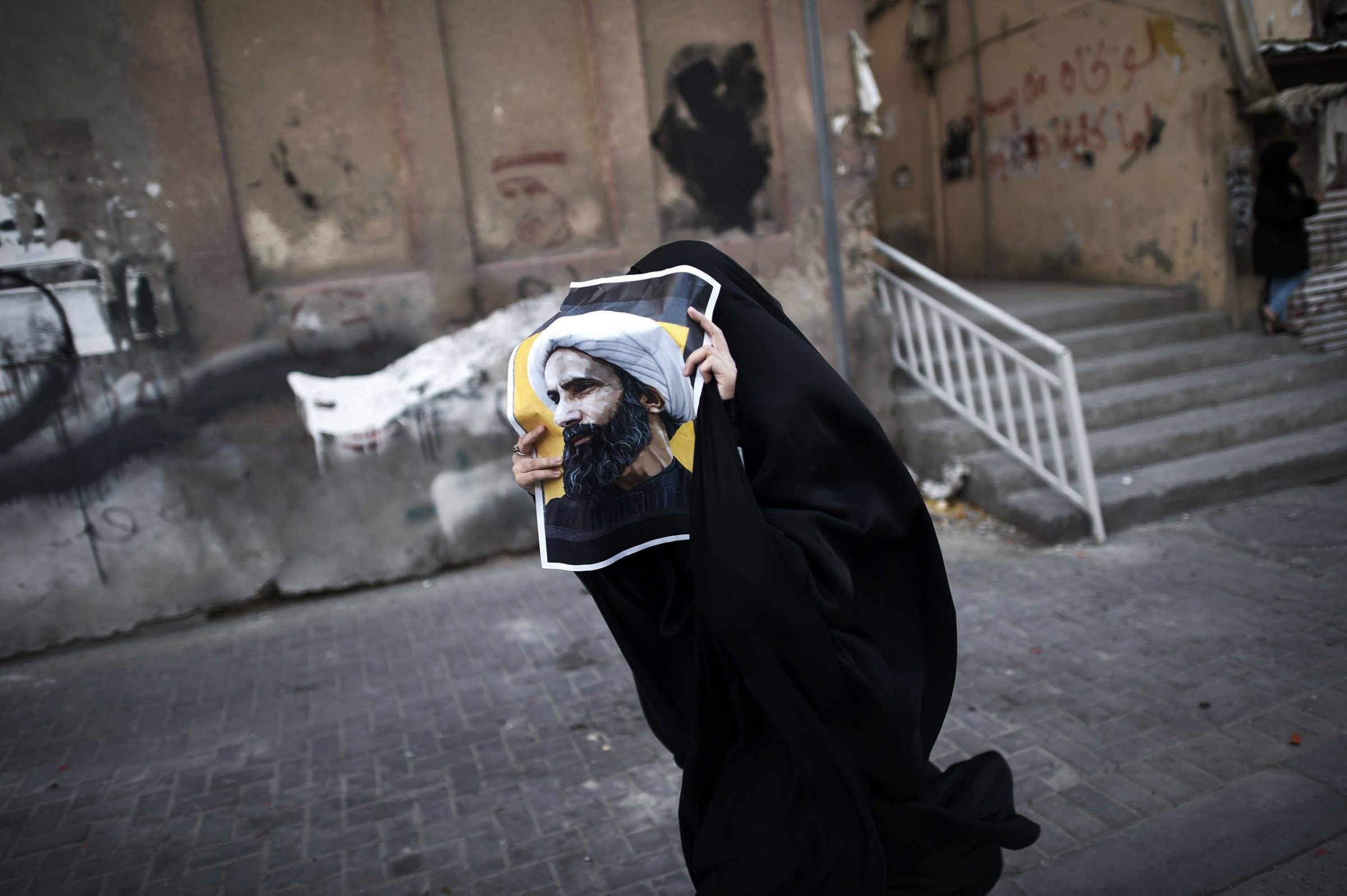
Not so long ago, the saga of the House of Saud still worked as opera. The setting was epic, the libretto compelling: an ambitious patriarch in the 18th century wins control of the Arabian Peninsula by striking a deal not with the devil but with the armies of a religious fanatic, Muhammad ibn ‘Abd al-Wahhab, founder of the ultraconservative branch of Sunni Islam called Wahhabism. Centuries later, when oil is discovered beneath the desert wastes, a successor enters into another alliance, with U.S. President Franklin D. Roosevelt receiving Abdul Aziz ibn Saud in 1945 on the Great Bitter Lake of the Suez Canal, where the King’s party insisted on sleeping in the tents they pitched on the deck of the U.S.S. Murphy.
The conflict embedded in the story was shunted into the background for decades, while the spotlight tracked aging monarchs who crossed stages in robes that masked both royal girth and a descent into empty pageantry. Then came 9/11, and news that 15 of the 19 hijackers who had struck the U.S. were Saudi. In 2013, surging U.S. oil production passed Saudi Arabia’s.
Now there’s the kingdom’s Jan. 2 execution of 47 prisoners, further destabilizing a Middle East that Saudi Arabia long boasted it had under control. The most prominent victim was Nimr al-Nimr, a cleric and nonviolent activist for Saudi Arabia’s oppressed Shi’ite minority. His beheading enraged the Saudis’ great Shi’ite rival, Iran, where hard-line thugs promptly pillaged the Saudi embassy. Riyadh responded by severing relations with Iran. The resulting uproar diverted attention from a quieter development: the House of Saud has become unmoored. “There’s been 70 years of idle and completely erroneous speculation that the Saudis were unstable,” says Charles Freeman, a former U.S. ambassador to Riyadh. “This is the first time that they might be.”
The monarchy faces profound problems both at home and abroad. Oil prices, which it helped lower to hobble Iran and price out new suppliers, are threatening the kingdom’s custodial relationship with its subjects. After the International Monetary Fund warned that Riyadh’s spending would exhaust all assets in five years, the government doubled the price of gasoline and announced cuts to subsidies that keep the public pliant.
Yet Saudi Arabia continues to spend a bigger portion of its economy on defense than any other nation (11% of GDP, vs. 3.5% in the U.S.). It burns through $6 billion a month to bomb Yemen, an ill-advised war that has come to define the abrupt change brought by King Salman since he assumed the throne a year ago. “If all of these things continue, you could get a sort of perfect storm of threats to Saudi stability,” warns Philip H. Gordon, former White House coordinator for the Middle East.
Compounding the risks is Salman’s decision to sideline most of the House of Saud, a vast family tree of diverse views and sensibilities. By naming a nephew as crown prince and his own 30-year-old son as both chief of the royal court and Minister of Defense, Salman excluded any line but his own. “That means the possibility of rash decisions went up,” says Freeman. “You could argue that the war in Yemen is an example of that. You could argue that the executions are an example of that too.”
The mass execution was the biggest since the Saudis killed 63 fundamentalists who in 1979 had tried to depose the royal family by taking over the Great Mosque of Mecca, after which the Saudis doubled down on Wahhabi fundamentalism. And though all but four of the 47 put to death on Jan. 2 were Sunni, the Shi’ite executions intensified the proxy war with Iran that has replaced U.S. relations at the core of Saudi foreign policy. Just two months after U.S. Secretary of State John Kerry coaxed the Saudis and Iranians into the same room to discuss Syria’s civil war–they back opposing sides–a route to peace appears more distant than ever.
Nor is there an obvious path forward for Washington and Riyadh. With support for ISIS persisting in Saudi Arabia, and the kingdom lopping off heads at a record rate, the convergence of interests grows less apparent, leaving the defiant King ever more isolated. In September, a prince publicly circulated letters calling for the royal family to depose Salman–a bold move that nudged the saga of the House of Saud into the realm of Shakespeare, whose plays about royalty reliably end badly.
More Must-Reads From TIME
- The 100 Most Influential People of 2024
- The Revolution of Yulia Navalnaya
- 6 Compliments That Land Every Time
- What's the Deal With the Bitcoin Halving?
- If You're Dating Right Now , You're Brave: Column
- The AI That Could Heal a Divided Internet
- Fallout Is a Brilliant Model for the Future of Video Game Adaptations
- Want Weekly Recs on What to Watch, Read, and More? Sign Up for Worth Your Time
Contact us at letters@time.com